The European Union is weighing a proposal to disconnect more than 20 Russian banks from SWIFT, the global financial messaging network, as part of its upcoming 18th sanctions package against Moscow, Bloomberg reported on May 24, citing undisclosed sources.
The discussions come as the EU agreed on the bloc's 17th package of sanctions against Russia on May 20, primarily targeting the Russian shadow fleet of oil tankers. Though hailed in Brussels as a sign of continued resolve, the package has drawn criticism, including from some EU insiders, who said it was a diluted step that falls short of the urgency required.
The new measures under consideration would also include lowering the Group of Seven (G7) oil price cap on Russian crude exports from $60 to around $45 per barrel, banning the Nord Stream gas pipelines, and imposing approximately 2.5 billion euros ($2.84 billion) in new trade restrictions, Bloomberg reported.
The proposals are currently being reviewed by the European Commission in consultation with member states. EU sanctions require unanimous approval from all 27 nations, and details of the package could still change before formal adoption.
The move aims to further cut Russia's revenue streams and limit its access to Western technologies critical for weapons production. The proposed reduction in the oil price cap, a key feature of the G7's coordinated sanctions effort, would need support from the United States, which has so far held off on additional sanctions under President Donald Trump, despite repeated threats.
The New York Times reported on May 20 that Trump has refused to impose additional sanctions on Russia, citing concerns that they could jeopardize future business and trade opportunities with Moscow.
Following a two-hour call with Russian President Vladimir Putin, Trump said sanctions could "make it much worse," though he did not rule them out entirely.
Germany has already signaled its backing for the ban on the Nord Stream pipelines, with German government spokesperson Stefan Cornelius confirming that the EU is coordinating its actions with the U.S.
Nord Stream 1 and 2 are gas pipelines running between Russia and Germany under the Baltic Sea. Nord Stream 2 was never activated, and the pipes shut down after suspected sabotage in 2022.
The sanctions would aim to prevent any potential revival of the project amid ongoing calls for peace negotiations.
According to Bloomberg, the EU is also preparing to broaden its restrictions on Russia’s so-called shadow fleet of oil tankers, expand bans on banks aiding the Kremlin’s war efforts, and target the Russian Direct Investment Fund.
The European Commission is also reportedly pushing to include provisions shielding European companies from arbitration claims under bilateral investment treaties affected by the sanctions.
The proposed measures come amid renewed international efforts to broker a ceasefire between Russia and Ukraine. While Trump has called for direct peace talks, Russia continues to reject a U.S.-backed 30-day ceasefire proposal.
German company shipped restricted technology to Russia despite EU sanctions, Politico reports
According to the report, Kontron used the Slovenian entity to ship over 3.5 million euro ($3.9 million) worth of telecommunications equipment to its Russian subsidiary, Iskra Technologies, between July and November 2023.

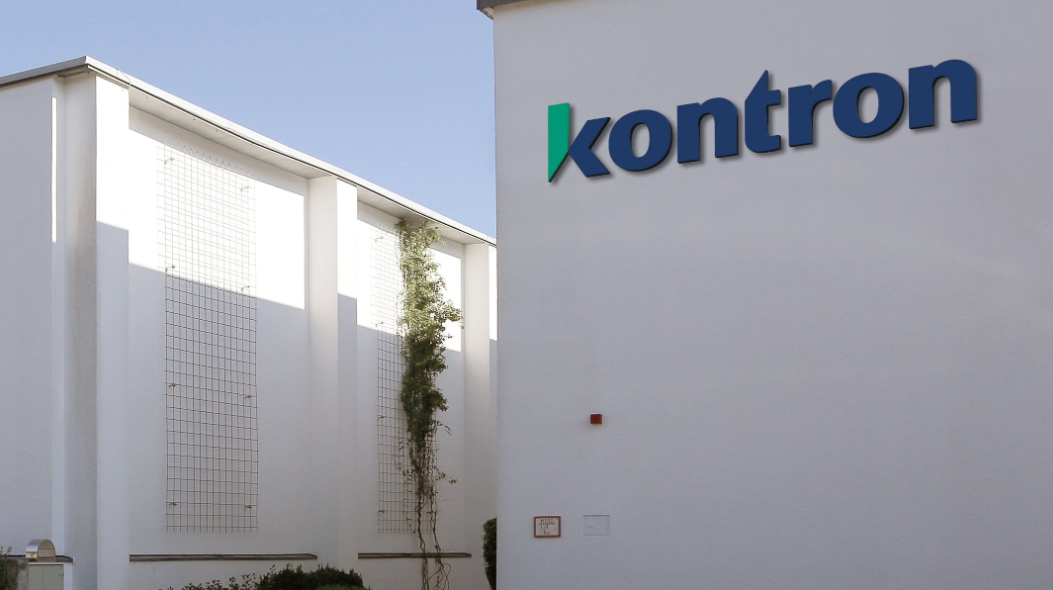
.png)
 German (DE)
German (DE)  English (US)
English (US)  Spanish (ES)
Spanish (ES)  French (FR)
French (FR)  Hindi (IN)
Hindi (IN)  Italian (IT)
Italian (IT)  Russian (RU)
Russian (RU)  5 hours ago
1
5 hours ago
1
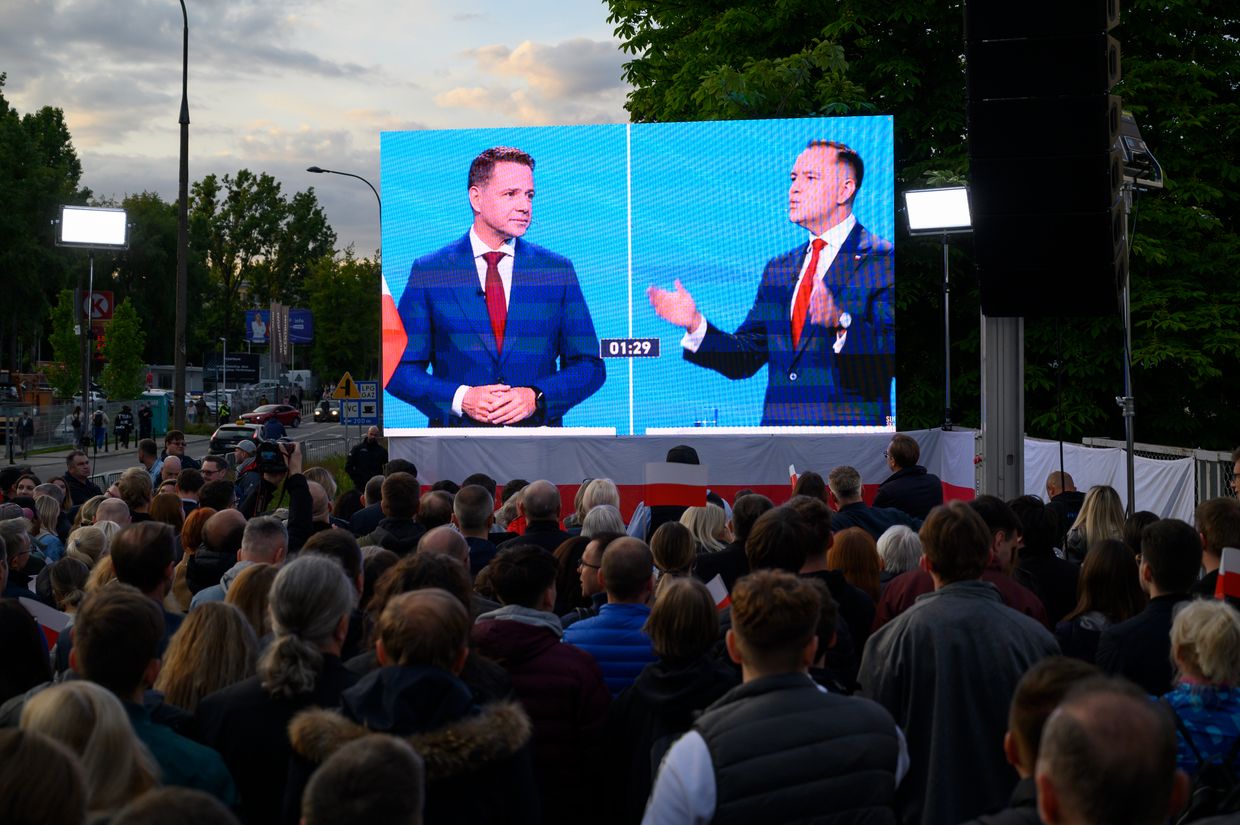

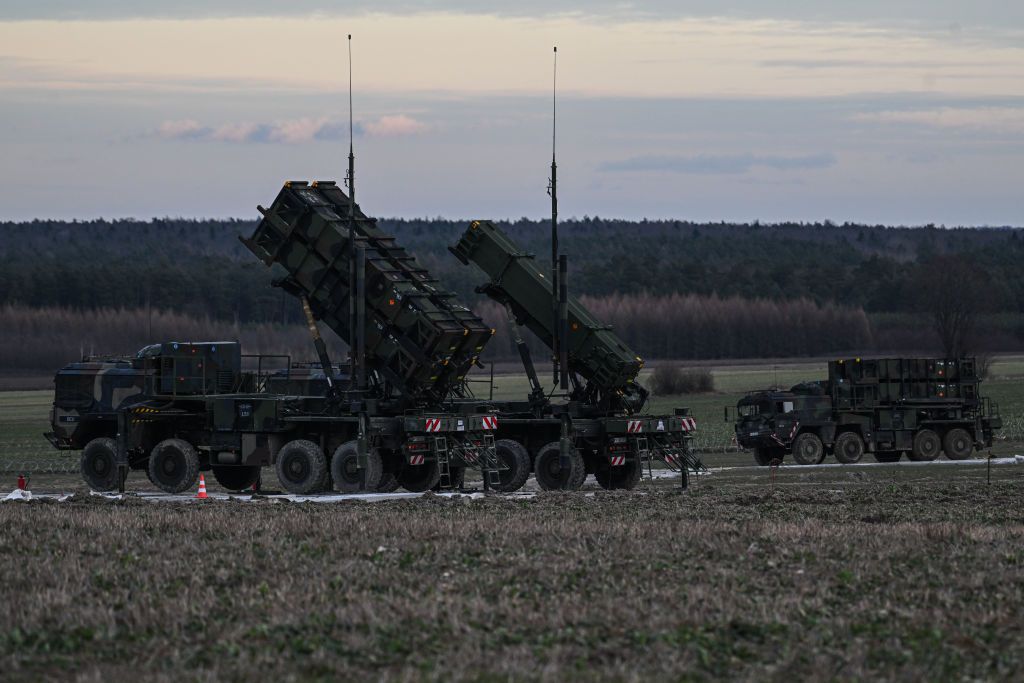
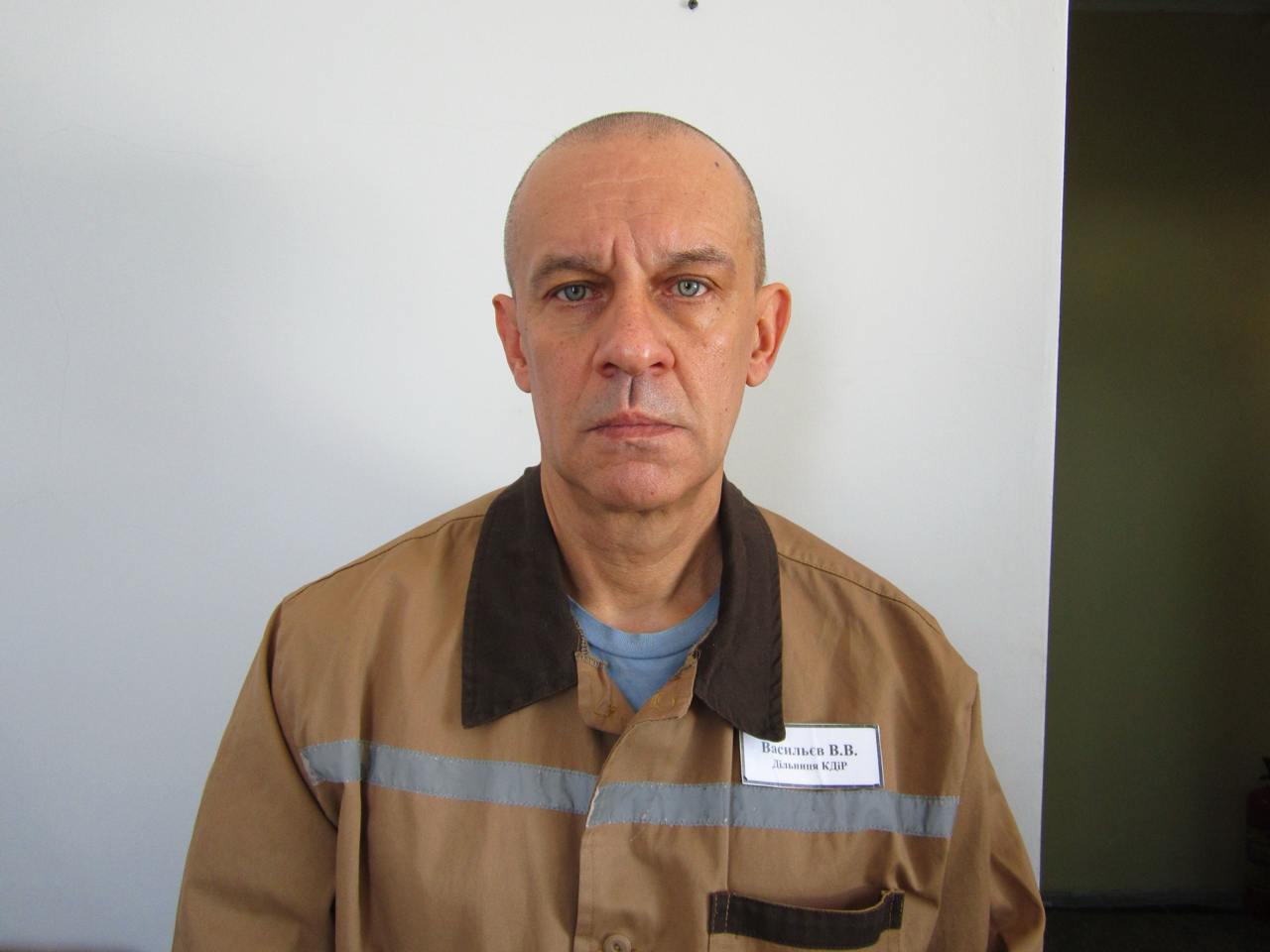
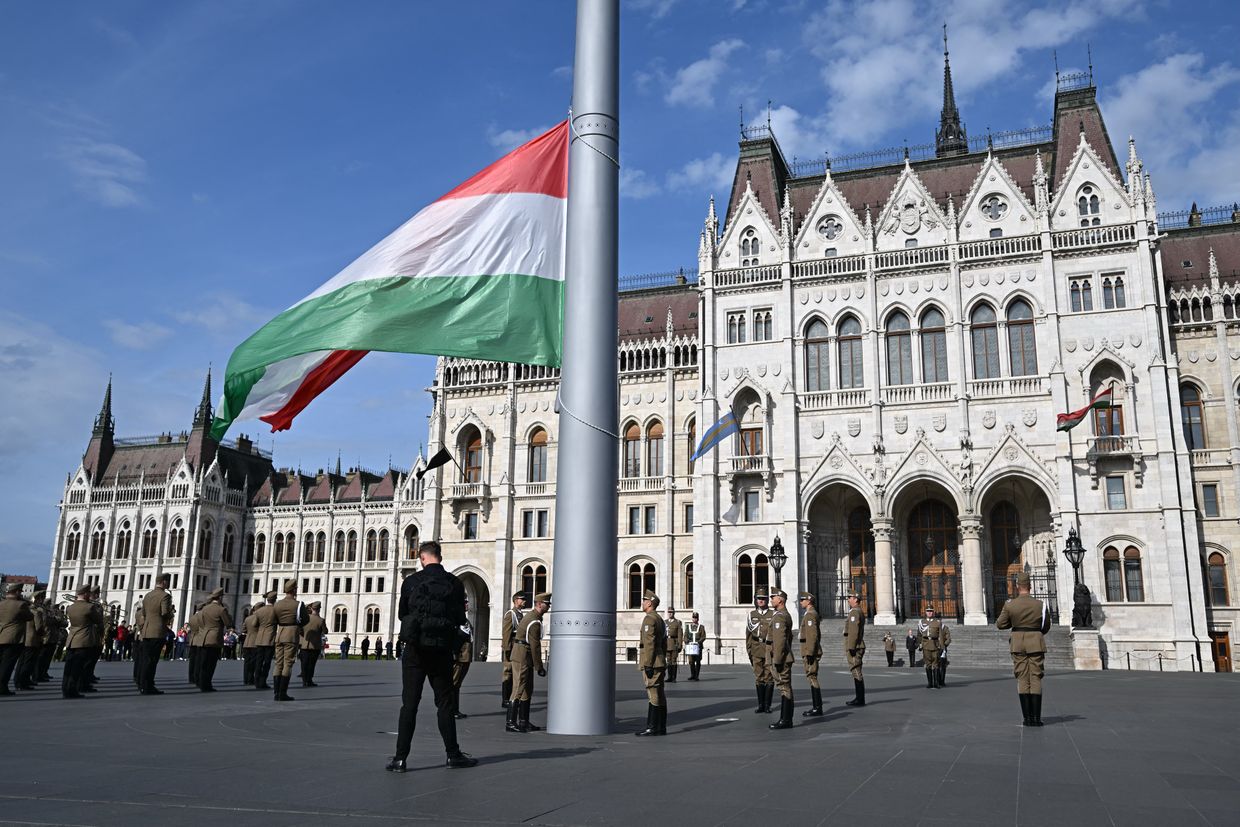
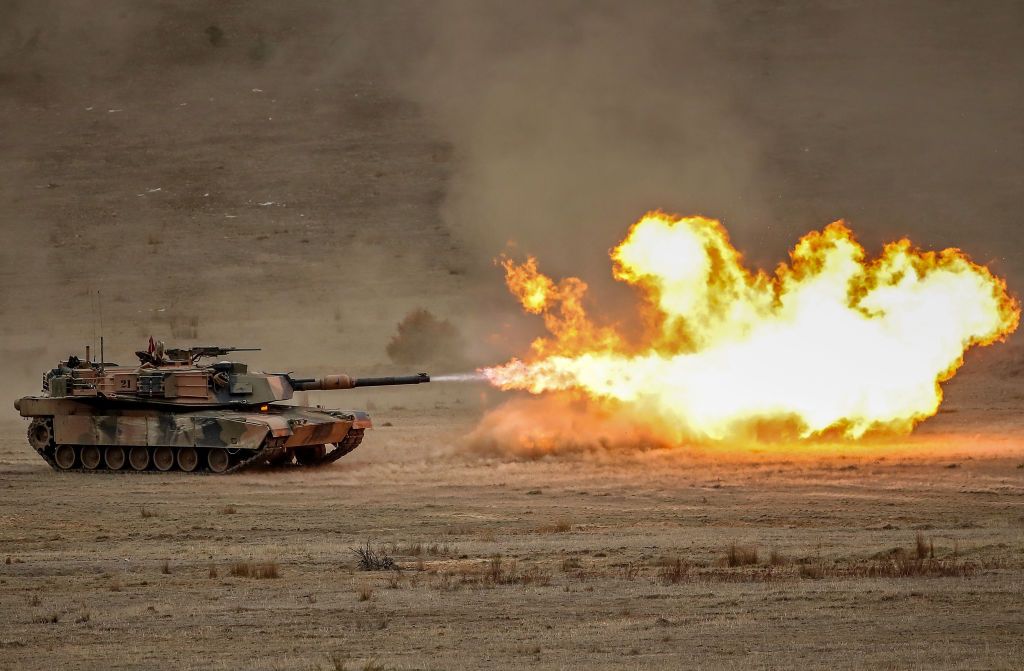


Comments